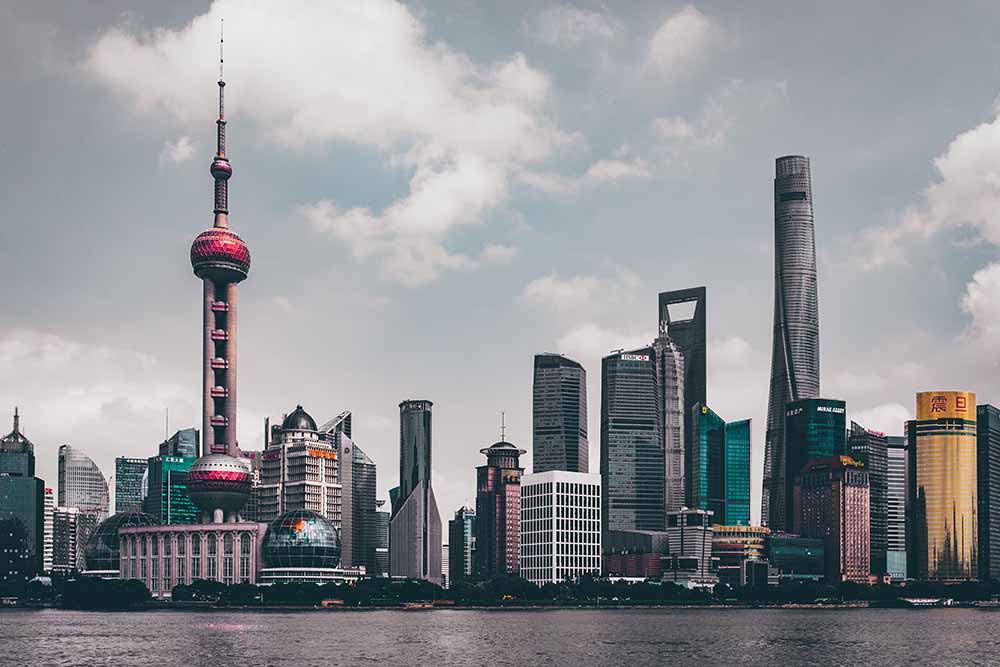One of the most notable features of Nazi regime in Germany was its anti-intellectualism. While it claimed to be in the forefront of scientific and technical advances, its ideology and totalitarian rule made free enquiry and interchange between scientists and other technical people untenable; researchers became cautious and wary of making any bold assertions, even when backed by solid evidence and rigorous analysis. This aspect of the regime greatly harmed its ability to make significant discoveries, putting it at a competitive disadvantage with its allies during World War II.
While that factor greatly helped the allies, another component of the Axis powers’ anti-intellectualism is that they persecuted intellectuals. Anyone who was non-committal, skeptical or critical of the ruling party or its leaders or policies was automatically marginalized, fired or imprisoned while unfavored minorities were subjected to worse. All this greatly reduced the pool of available, productive and imaginative scientists, doctors and engineers. The story of Werner Heisenberg illustrates this well.
Nobel laureate Werner Heisenberg was an admired and successful physicist whose ‘Heisenberg Uncertainty Principle’ became part of modern culture. Yet, once he became, by default, the effective dean of physics research in Nazi Germany after his main peers or rivals there had been purged or fled into exile, he proved unable to make progress in developing an atomic bomb. After the war, it was found that he did not willfully slow down or sabotage his own or anyone else’s work; he just was unable to crack some problems that the scientists in the United States were able to do by forthright, informed debate, collaborative and iterative experimentation and analysis, fostered by freedom of discourse.
Totalitarian societies require and enforce conformity and loyalty. These values are central to regime survival, and the survival of the elite of the regime. Brilliance, imagination, intellectual curiosity and openness to changing attitudes or destroying existing paradigms are far down the list of qualities that are valued by such regimes. The People’s Republic of China is not far from reverting back to totalitarianism as exhibited on numerous occasions. The punishment and disappearance of scientists and doctors who discussed unofficial accounts of the origin of COVID-19 is a perfect example of this.
In recent years, Canadian, U.S. and other democratically advanced nations have become alert and alarmed at theft of intellectual property by Chinese nationals, companies, hackers and even its central government. This is not just stolen ideas, plans, designs, formulas and product and service ideas that have commercial application, and are robbed from vulnerable corporate or government computers. It also includes information obtained through Chinese scientists and students working, studying, researching and collaborating at Canadian and other universities. Canadian universities have also collaborated with Chinese ones, and with Chinese companies, such as the telecom equipment firm Huawei, which is deemed to be a threat to Western security by US and other governments.
There are hundreds of thousands of Chinese students at Western universities of whom most are there to access high quality education, learn to approach ideas from different ways and to experience a different, usually more open culture (although the ‘woke’ aspect of contemporary college life puts that in question). However, all of them are obligated to report back to Chinese government officials all of their gained personal or scholastic knowledge on demand.
It appears that the Beijing regime values Western science and technology. It sends out thousands of its scientists, graduate students and doctoral candidates to learn as much as they can. Some of them are linked to the military, the People’s Liberation Army (PLA) while quite a few Western scientists and students have also studied or researched in Chinese universities, the sheer volume of flow has until now gone massively in one direction: towards OECD nations such as Canada and the U.S.
China has accumulated much technical knowledge and research skills in this way, and might now have the critical mass, given the size of its complement of scientists, technicians and engineers, and the resources and diversity of its economy, to discover and develop much more, and faster, than its Western rivals. 
However, it is unlikely that they will henceforth share their most ground-breaking developments with the rest of the world, and hence will not benefit as much as in the past from free exchange and critical analysis from their international peers. Given how much focus the current Beijing regime places on loyalty, conformity and limiting foreign influences, they could yet experience the ‘Heisenberg Non-creativity Principle’ for themselves. As history points out, not much progress derives from believing one has all the answers.
The threat from advanced PLA weaponry and allied science and technology may thus recede in the near future; but not near enough. The fanatical Teutonic regime in World War II exacted a tremendous toll on the allied and occupied nations and people even if their technical development did not live up to its advanced hype. Beijing could do the same, before it comes to its senses—or is brought to them.
Ian Madsen is a senior policy analyst with the Frontier Centre for Public Policy.
Photo by Hanny Naibaho on Unsplash.



